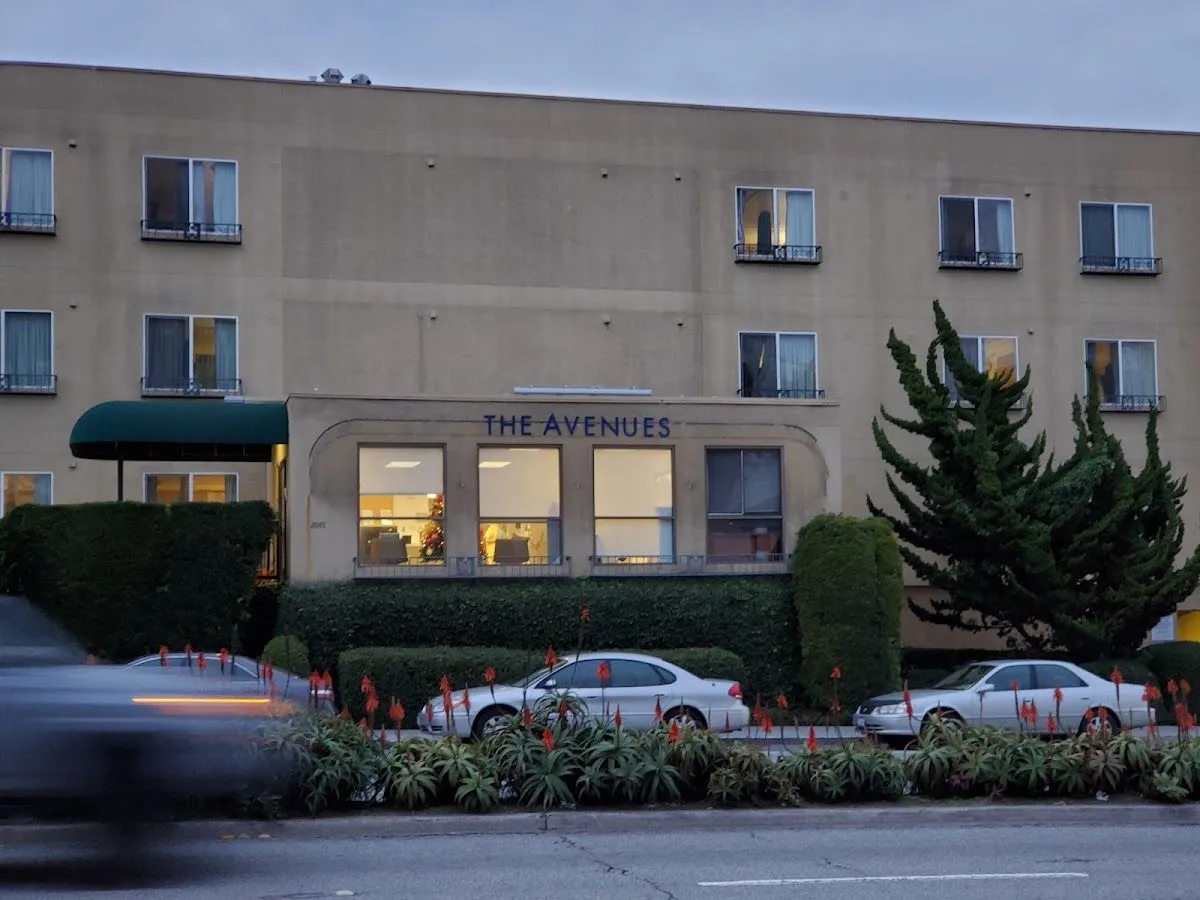The Avenues Transitional Care Center, San Francisco, CA


Monday: 9:00 am – 5:00 pm
Tuesday: 9:00 am – 5:00 pm
Wednesday: 9:00 am – 5:00 pm
Thursday: 9:00 am – 5:00 pm
Friday: 9:00 am – 5:00 pm
Saturday: Closed
Sunday: Closed

The Avenues Transitional Care Center is a respected nursing home offering skilled nursing, rehabilitation therapies, and specialized care. As a non-profit facility, it prides itself on quality service and community dedication, featuring comfortable accommodations and engaging programs that foster a warm and supportive environment for residents.
The Avenues Transitional Care Center is a premier nursing home dedicated to providing specialized medical care and rehabilitation services to patients requiring a supportive environment for recovery. The facility offers a comprehensive range of services, including skilled nursing care, physical therapy, occupational therapy, speech therapy, and wound care. The center is particularly recognized for its expertise in post-operative recovery, stroke rehabilitation, and long-term care management. As a non-profit organization, The Avenues has been serving the San Francisco community for many years, earning a strong reputation for its commitment to quality care and enhancing the lives of its residents. The facility has received several accolades for its outstanding service and has obtained accreditations from reputable healthcare organizations, emphasizing its dedication to high standards.Situated in an urban setting, The Avenues features comfortable living accommodations, spacious outdoor areas, and engaging social programs designed to promote residents' well-being. The environment fosters a warm, community-oriented atmosphere, with attentive staff members who focus on individual needs. Recent renovations have further improved the facility, ensuring residents receive both modern amenities and compassionate care during their stay.
Do you manage this facility? Claim your profile now to suggest edits to this page.
Download the Nursa App

Until then, you can continue with the app to signup or login.
Address


Nursa's Favorites
Nursa reviews are only left by clinicians who have completed a shift at a specific healthcare facility using the Nursa app. Each review goes through a strict verification process to ensure authenticity and reliability. Make informed decisions with confidence, knowing that Nursa reviews are directly from other clinicians with real firsthand experience who have used the app to work at the facility. Verified. Reliable. Transparent.
Interested in this facility?

Pick Up a Job Today
Find per diem PRN job opportunities in your area. High paying CNA, LPN and RN and many more licences are available now.
Join NursaPost Your Jobs Today
Facilities who use Nursa fill 3 times as many open per diem shifts, on average, compared to trying to fill the shifts themselves.
Post Jobs












.svg)
